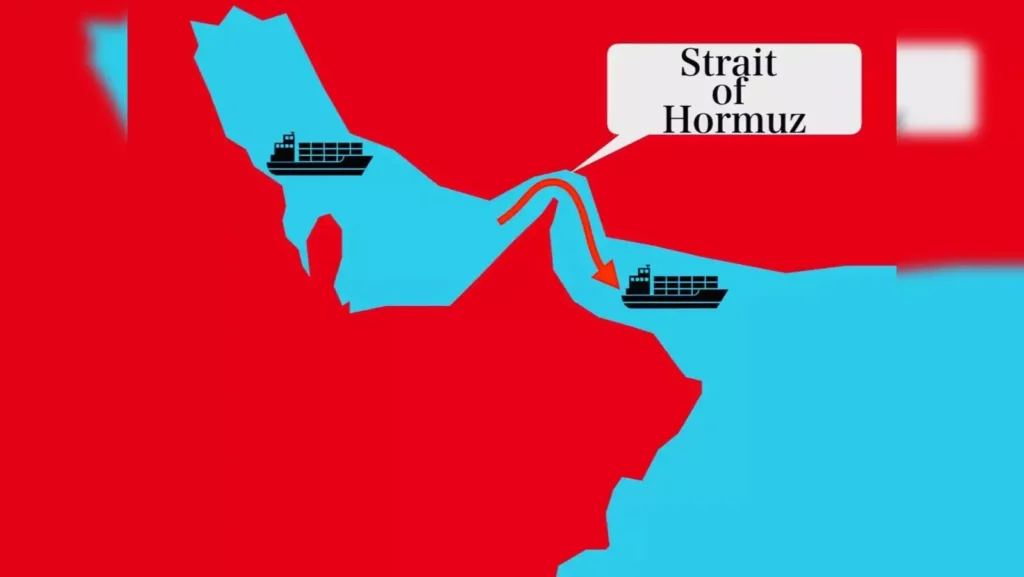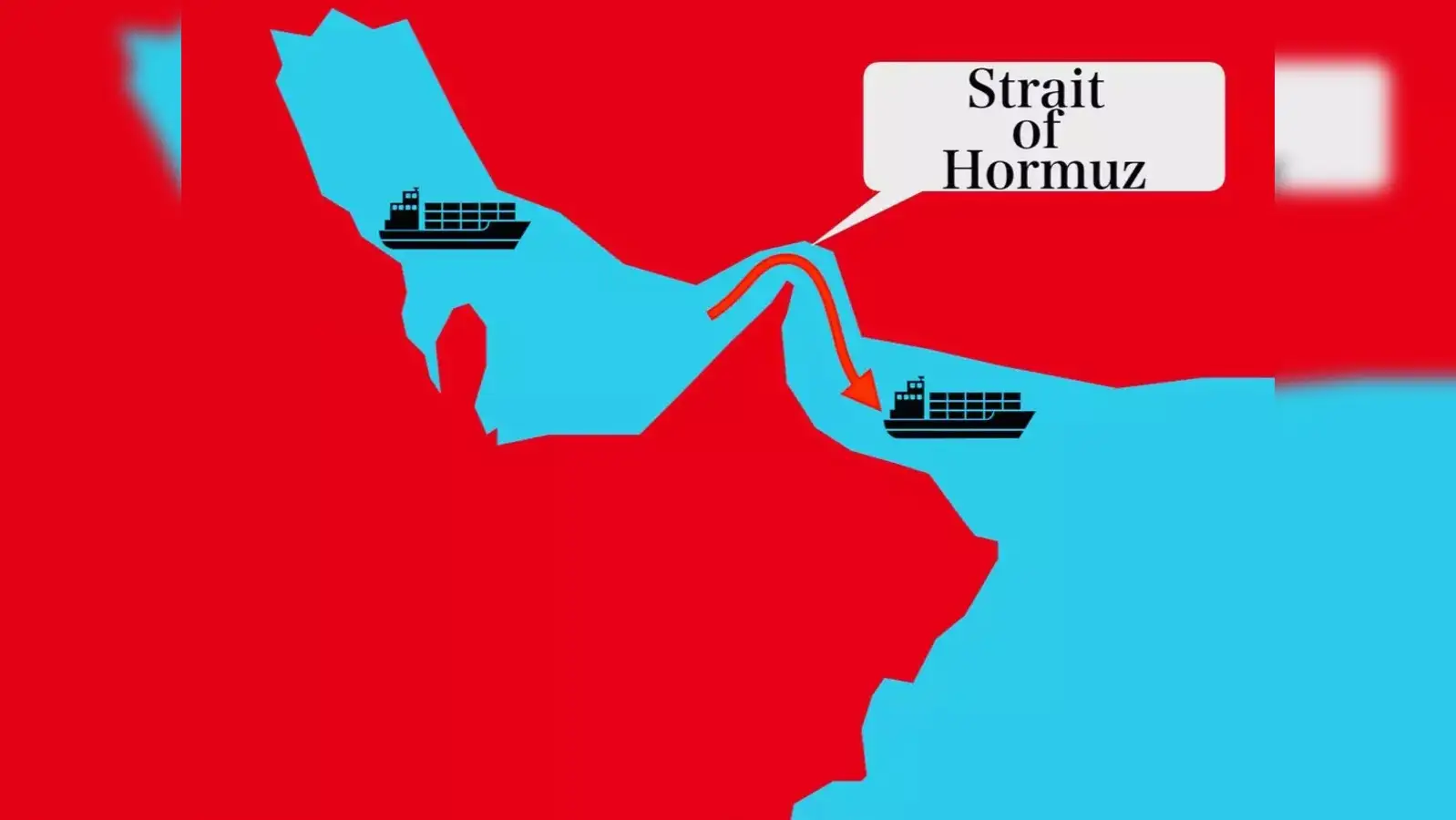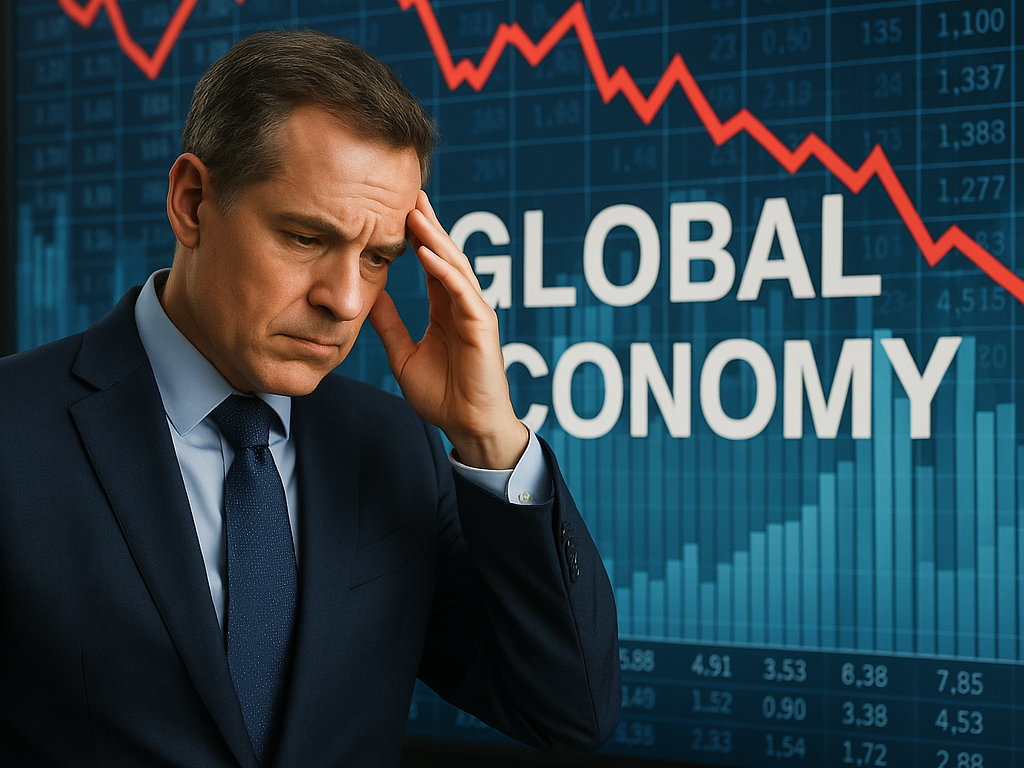Conflict of Iran-Israel Sparks Global Economic Concerns
Conflict of Iran-Israel
The sudden and dramatic escalation between Iran and Israel has sent tremors through international oil markets, causing a sharp increase in prices. Although political tensions in the Middle East are not new, this particular confrontation has introduced new uncertainty, especially in regions heavily dependent on oil imports. As a result, market watchers, governments, and consumers are now grappling with the far-reaching economic implications.
The oil market’s sensitivity to geopolitical conflict is nothing new. However, the latest spike has proven more volatile than usual. Given that Iran is a key player in global oil production and sits along one of the world’s most critical shipping routes, any interference to its operations instantly triggers widespread economic ripples.

Conflict of Iran-Israel Tensions Hit Energy Markets Hard
As news of military exchanges between Iran and Israel spread, global oil benchmarks reacted almost immediately. The possibility of further strikes, blockades, or retaliation in the Strait of Hormuz has investors and energy analysts watching anxiously. This narrow maritime route handles a significant share of the world’s oil traffic. Therefore, any hint of obstruction has the potential to freeze supply chains and inflate prices.
Energy ministers from various countries have already convened emergency meetings to evaluate the situation. Some nations are considering releasing strategic oil reserves, although such a step could prove temporary at best. Meanwhile, oil companies are monitoring shipping routes closely and re-evaluating risk assessments.
Global Leaders Respond with Caution and Urgency to Conflict of Iran-Israel
Governments worldwide are attempting to balance diplomatic caution with economic urgency. While Western allies have called for de-escalation, they have also affirmed Israel’s right to defend itself. Simultaneously, there are growing calls for negotiations to prevent a wider war that could cripple energy security for multiple nations.
Transitioning to all language, several foreign ministers have urged both parties to return and talk. Nevertheless, they acknowledged that may be narrowing rapidly. Consequently, nations that rely heavily on oil imports have begun to explore backup options, including alternative trade partners or temporary rationing.
Developing Nations Face Disproportionate Risks
While industrialized economies may have tools to weather the storm, developing nations are already facing increased hardship. These countries often spend a significant portion of their budget on fuel imports. Therefore, even a modest price increase has the power to spark inflation, transport systems, and elevate food costs.
As the crisis continues to unfold, international organizations such as the International Energy Agency are urging wealthier nations to assist vulnerable economies. According to analysts, failure to do so may spark a humanitarian ripple effect far beyond the immediate region of conflict.
Financial Markets React with Volatility and Fear
In addition to rising oil prices, global stock exchanges have responded with noticeable volatility. Investors are pulling funds from high-risk assets and redirecting them toward traditional safe havens such as gold. Consequently, currencies in oil-dependent economies have shown signs of weakening, further complicating efforts to stabilize domestic markets.
Meanwhile, multinational corporations with operations in or near the Middle East are preparing for logistical disruptions. Some companies are reviewing contingency plans, while others are quietly shifting supply routes in anticipation of further turmoil.
Climate Goals Take a Back Seat Amid Crisis
As the energy conversation shifts back to oil security, some environmental advocates worry that climate goals will temporarily be pushed aside. In recent years, many governments had committed to reducing fossil fuel dependence. However, this new crisis is forcing them to rethink their short-term strategies.
Emergency energy needs may lead to increased reliance on oil, coal, or other nonrenewable resources. Nevertheless, experts urge that this pivot should remain temporary and that countries must continue their long-term commitment to sustainable solutions. Otherwise, short-term survival strategies may end up causing long-term harm.
Conclusion: A Fragile Balance Between Conflict and Recovery
The Iran–Israel conflict has once again highlighted the fragility of the global oil chain. Even though military actions remain confined for now, the economic consequences are radiating outward. The combination of political uncertainty and energy instability makes it imperative for world leaders to act wisely and swiftly.
Australia, Europe, and parts of Asia have all expressed alarm, not just at the conflict itself but at its broader economic implications. Transition words such as “furthermore,” “meanwhile,” and “consequently” now fill diplomatic cables and energy reports alike, underscoring just how interconnected global stability and energy access have become.
Looking ahead, the international community must consider both immediate relief strategies and long-term resilience plans. Otherwise, the world risks entering another cycle of reactive energy politics, one that harms economies, deepens inequality, and endangers peace.




